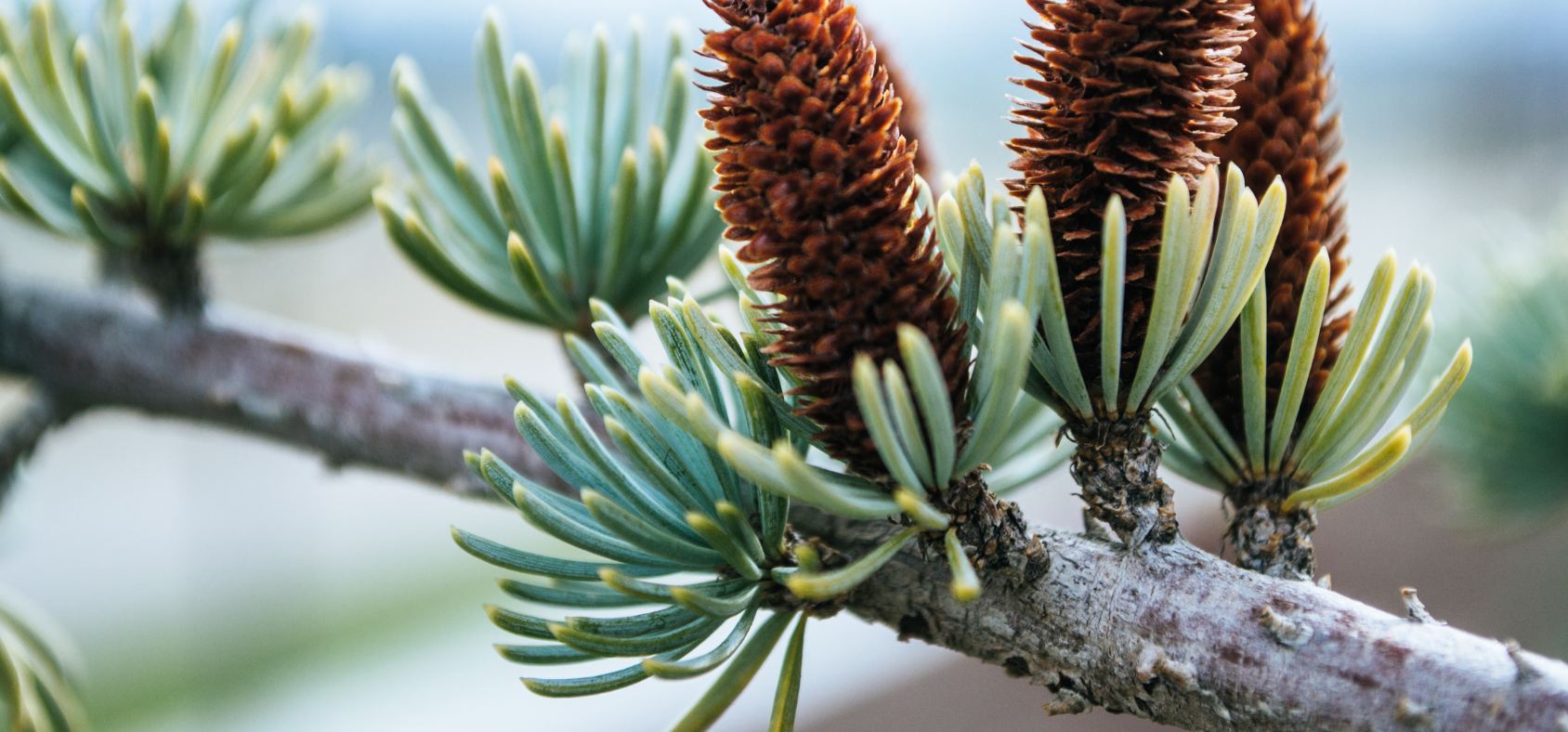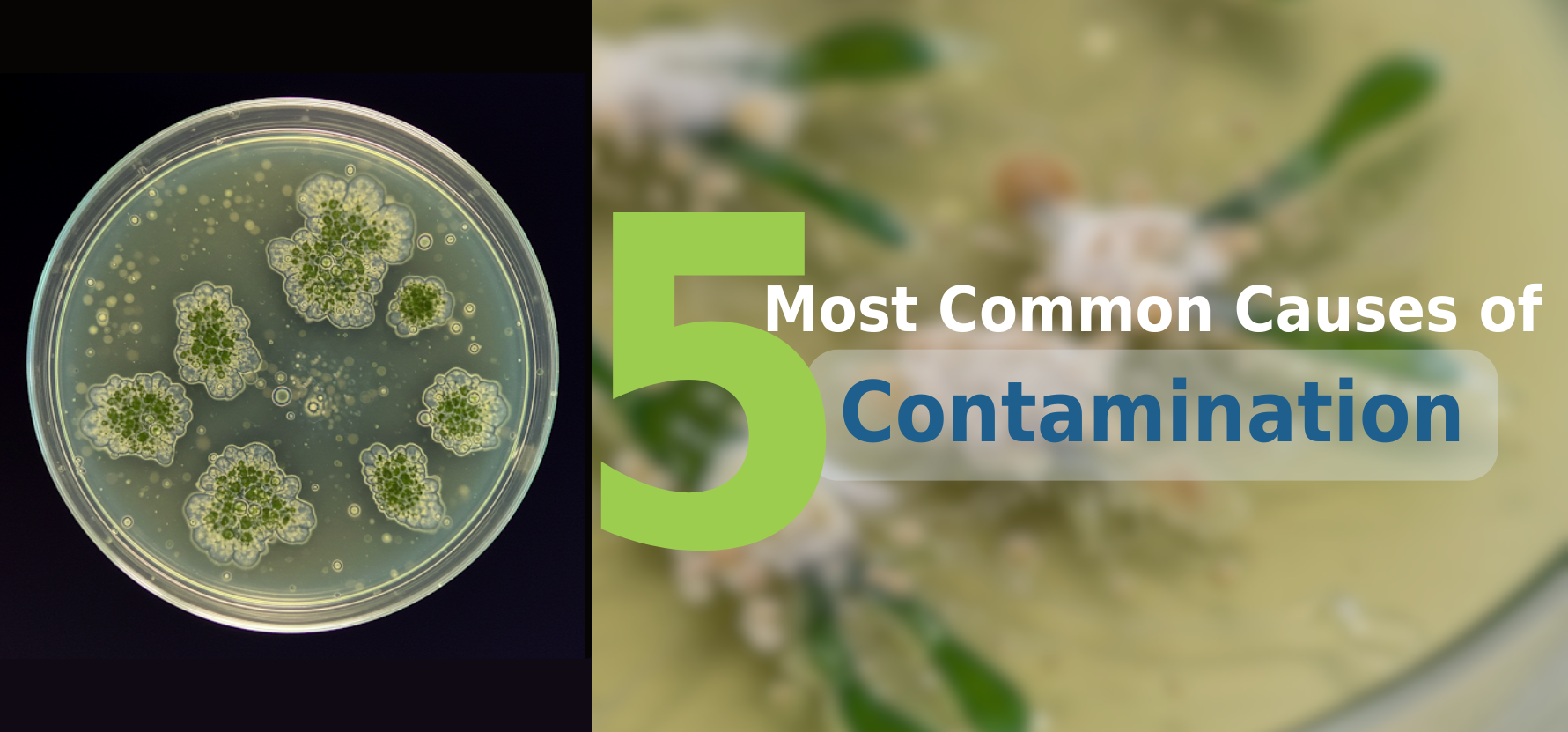
The Importance of Plant Tissue Culture to Industrial Growing


Biological studies of plants have been gaining momentum over the years, fueled by a few specific areas of research. One of these areas is the steadily developing world of plant tissue culture.
What is Plant Tissue Culture?
Even though the average Joe may have never heard of plant tissue culture, it has been gaining popularity for decades - and if you have ever purchased produce grown in mass quantities, then you have probably digested some plants or fruits produced using plant tissue culture.
Plant tissue culture is a method used to grow new plants using tissue or cells from an existing plant, much the same as cloning. Originally said to have been developed for cultivators growing delicate orchids, plant tissue culture is now used throughout the blossoming cannabis community.
For small scale growers as well as large scale producers, the tissue culture method is urging the already surging cannabis industry, and it looks set to continue moving the cannabis industry forward with stable momentum. This is especially evident on large scale productions where the integrity and quality of the harvest are critical.
What's more, the plant tissue culture umbrellas several methods that can be used to cultivate and maintain new plant tissues or cells. The key to this master plan, however, lies in perfectly calibrated growing conditions. The environment should be sterile and kept under stringent requirements to make sure it remains free of contaminants and viruses. In addition to maintaining this environment, growers must ensure that plants receive the correct nutrients and PPM to keep them healthy.
So, we understand what tissue culture process is, now let's look at why its becoming more and more important in large scale production…

Use of Plant Tissue Culture
While there are plenty of advancements in the biological community that provide little by way of practical application, plant tissue culture certainly makes its stand in the practical world.
Tissue culture is used to produce platelets from cells or tissues, which are then used for the following:
Cloning
Clones are cells that have come from asexual reproduction or a parent cell. By using the plant tissue culture process, these clones can be produced in quick succession and with uniformity - making it simpler for producers to supply consistent quality products on-demand. By making effective use of PPM and plant tissue culture, large scale productions can grow high yields to meet market standards and demands. In the cannabis industry, this is rapidly becoming an essential feature in many cultivation operations.
Somaclonal Variation
Sometimes, plant cells of a particular culture will have discrepancies. These differences are known as "somaclonal variation" and are used as an umbrella term to refer to genetic differences in plants that come from the same plant culture. Cultivators and researchers often use somaclonal variation to propagate specific varieties of plant species.
Transgenic Plants
When genetic engineering is used to move a gene from one organism into another, that gene is referred to as a transgene. When an organism has one of these transferred genes, then the organism is referred to as a transgenic organism. Cells that have had transgenes placed into them can be used to generate platelets, and these platelets can then grow into plants that are often sought after because of their transgenic qualities.
Resistance to Weedicides
When cultivating using the plant tissue culture process, weedicides are sometimes added in the beginning stages, and only in minute concentrations, so that a resistance to weedicides can be fostered in the new cells. The weedicide dosage is usually increased or decreased systematically until the cultures contain the correct dosage and, therefore, have developed a resistance. Once the resistance is determined in a cell, these cells would then be used to generate plants and plantlets.
Plant Tissue Culture: Advantage in Industrial Growing
You may be wondering how the above information makes the tissue culture process vital to industrial growing.
Well, all of the uses referenced above serve the purpose of helping growers develop new plants that are free from airborne microbial contamination and diseases from contaminated water. Additionally, the plants can be regenerated rapidly, and on the industrial level, there are two keys to success: perfect (consistent) quality and speed of production to meet industrial demands.
Several methods fit into the tissue culture process, but none are more prominent in plant and cannabis tissue culture than micropropagation.
For cultivators to grow cannabis that will sell and supply the industry, it is imperative that the cannabis plant culture is free of harmful chemicals and contains specific genes and characteristics.
By using micropropagation, clones of the cannabis plant will offer the following benefits:
- Identical characteristics. If a supplier needs a specific ratio of THC to CBD or a particular strain to supply for medicinal use, then micropropagation can be used to achieve this with precision.
- Speed. Speed of production is often an essential ingredient for any business - whether trading stocks or growing plants. Micropropagation cuts down the growing time and speeds up the entire production process without sacrificing quality and integrity.
- No seeds or cross-pollination. Because micropropagation is based on clones, no seeds or cross-pollination is required.
- Health. Plants can be engineered to have resistance to certain viruses, diseases, and even weedicides.
There are many benefits to micropropagation and plant biotechnology in general. Companies like Plant Cell Tech understand this and offer quality products for growers to start making use of tissue culture, cell technology, and DIY tissue culture today.
The cannabis industry is teetering on the brink of a mass industrial scale, and applied plant biotechnology is critical for how the industry surges forward. For the cannabis sector, it seems as though cannabis plant culture and cannabis tissue culture is one way to meet the stringent quality requirements on an industrial scale without sacrificing genetic integrity or plant quality.
Resources:
https://www.cell.com/trends/biotechnology/fulltext...
https://www.intechopen.com/books/recent-advances-i...
https://www.sciencedirect.com/science/article/abs/pii/0167779987900357
Blog Categories
View by Level
Popular Blogs

Can We Grow Wood in a Lab? The Future of Tissue Culture in Forestry
Introduction Wood has long been a cornerstone of human civilization—used for shelter, tools, paper, energy, and countless everyday items. However,...
Read More
The 5 Most Common Causes of Contamination in Tissue Culture Labs
Introduction Scaling up your tissue culture production is impossible if you’re constantly battling contamination. Contamination is one of the biggest...
Read MoreSubscribe to Our Newsletter








Join the conversation
Your email address will not be published. Required fields are marked